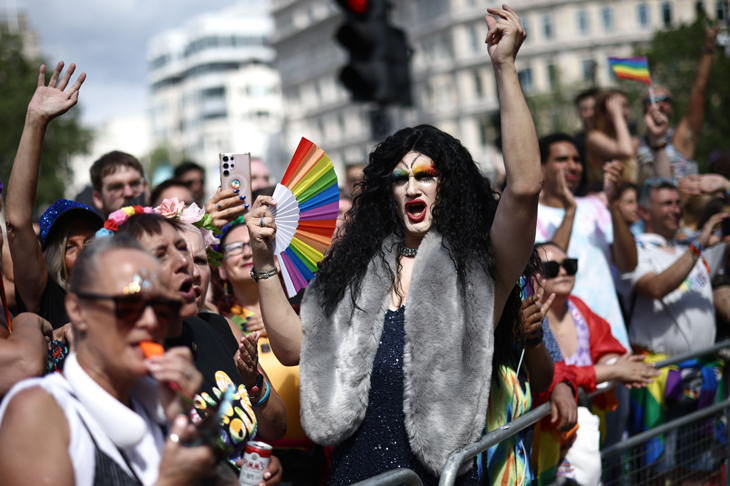‘They’ is not a singular pronoun. It’s a fairly simple concept, but some people are struggling to grasp it. The Longman Dictionary of Contemporary English says ‘they’ is ‘used to refer to two or more people or things that have already been mentioned’. There it is: ‘two or more’. Not singular! It was used a thousand years ago when the Anglo-Saxons spoke a form of Old English that was still very Germanic. But they spelled it differently. In those days they had an odd-shaped letter in their alphabet called a ‘thorn’ which represented the sound ‘th’. And from the beginning ‘they’ was ‘the third person plural pronoun’ (Oxford English Dictionary). It’s that simple. So why is a journalist writing in the Daily Telegraph using ‘they’ to refer to one person? The story was about a ‘trans’ person appearing in court (over allegedly destroying someone’s fence). The story says, ‘The trans author said the experience had been “life changing” and they would continue to engage with therapy while abstaining from drug use.’ In the context it appears to be using ‘they’ to refer to one person. I assume this misuse grows out of the nonsensical delusion called ‘preferred pronouns’ in which a person is allowed to name which pronouns should be used to identify them. And in this Alice-in-Wonderland fantasy world some people say their preferred pronoun is ‘they’ (even though there’s only one of them). If you want to use ‘they’ as your preferred pronoun then produce a letter from your psychiatrist proving you have a split personality and there are two people living inside your head. Can’t do that? Then sorry, ‘they’ is ruled out. Go back to counselling. Keep taking the tablets. And leave our language alone.
Got something to add? Join the discussion and comment below.
Get 10 issues for just $10
Subscribe to The Spectator Australia today for the next 10 magazine issues, plus full online access, for just $10.
Contact Kel at Ozwords.com.au
You might disagree with half of it, but you’ll enjoy reading all of it. Try your first month for free, then just $2 a week for the remainder of your first year.














Comments
Don't miss out
Join the conversation with other Spectator Australia readers. Subscribe to leave a comment.
SUBSCRIBEAlready a subscriber? Log in